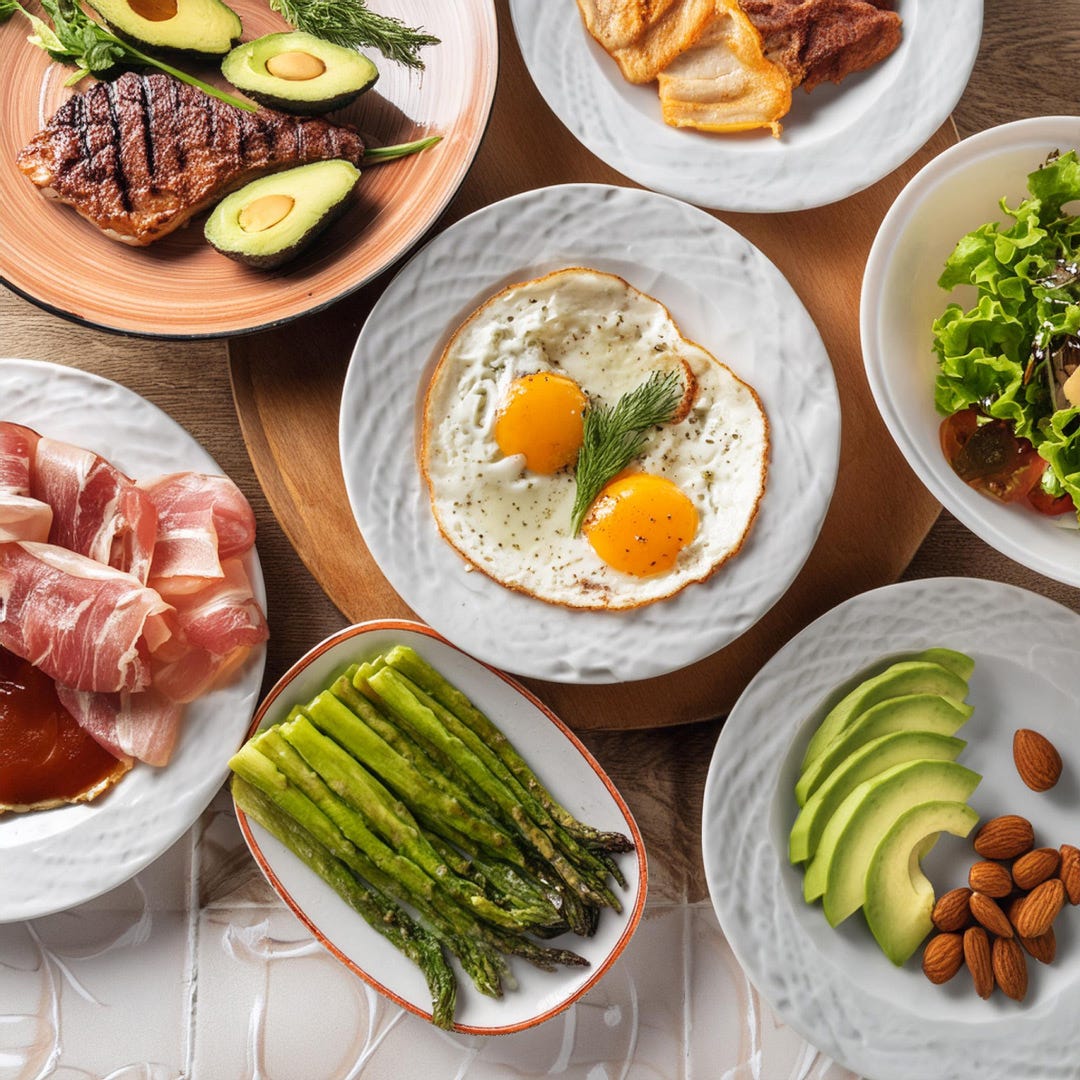Unpopular opinions about food
Learn to challenge conventional wisdom and recognize facts from myths
It’s empowering to get smart about nutrition and health. One discovery leads to another and another, and pretty soon you stop trusting anything that’s put forth by “experts” without real evidence. This past week, the Senza team revisited some of the key moments when we tossed aside long-held beliefs and opted for a better way, through persistent digging and our own individual experimentation. Here is a starter list of unpopular, fact-based opinions for your consideration:
Protein is the most important macronutrient: Protein is critical for maintaining your muscles, supporting immune function, helping you feel full, and more. Carbs are pure filler. Dietary fat provides energy, but you can get necessary energy from your own stores of body fat if you switch into a fat-burning state, by restricting carbs.
Carbs are not essential: Carbs are useful if you’re an elite athlete who regularly depletes glycogen stores; however, the body does not need dietary sugar, starch, or fiber to thrive. It can make all the carbohydrates it needs.
Animal-based food is biologically appropriate for humans: We absorb micronutrients from meat better than those found in plants. (Consider the example of Vitamin A, found in liver and carrots.) Scientists are finding that industrially produced row crops contain much lower levels of micronutrients than claimed due to soil depletion. It’s possible to survive, but difficult to thrive, on an all-plant diet.
Saturated fat doesn’t clog arteries: As Dr. Aseem Malhotra and team explained way back in 2017, “The conceptual model of dietary saturated fat clogging a pipe is just plain wrong... coronary heart disease is a chronic inflammatory condition, the risk of which can be effectively reduced from healthy lifestyle interventions.” Learn the truth about sugar, cholesterol, and saturated fat from Peter Attia, Dave Feldman, Dr. Bret Scher, and others who have taken the time to research and explain the facts.
Cow farts aren’t destroying the planet: Read or watch Sacred Cow, and stop feeling guilty about eating meat. Industrial monocrops and lab meat production damage the environment far more than animal grazing, as Diana Rodgers covers extensively on her podcast and blog.
Nutrient-dense food does not have to cost more: Some of the most nutritious foods are economical, too! Focus on ground meat, liver, kidney, heart, and slow-cooking roasts for protein. Watch for sales, buy in bulk, and use a chest freezer to store the extras.
“Keto-approved” labels are meaningless: These products often contain cheap fillers, just like other processed foods. No one certifies or approves foods for the keto way of eating. It’s up to you to track your own nutrition, limit your intake of carbohydrates, and find quality ingredients.
You can’t exercise your way out of a bad diet: Movement is important for mood and mental health, but if you eat less and move more to lose weight, while continuing to eat a high-carb, junk food diet, you’ll be hungry and only craving more of the same addictive foods.
Everything you’ve been told about nutrition is a lie: A decade into this journey, we no longer trust any product or advice with ties to Big Food. That includes bottled water, vegetable oil, “heart healthy,” sugar-free, keto-approved, gluten-free, and countless other ingredients and labels. When deciding what to put in your body, do the hard work and find objective research from people who are not paid by industry. We are up against a powerful system that serves its own special interests every step of the way, with absolutely no regard to your health.
What unpopular opinions did we miss? Share your thoughts in the comments box here, or send a message in the coaching window of the Senza app for keto and fasting.
Thanks for reading!






"pasture raised" " free range" "grass fed" labels on supermarket regional and national brands require some consumer research - verify the source and definition, as these are often far from the reality. Seek local food, support small farms, and eat fresh nutrients from the soil they care for.